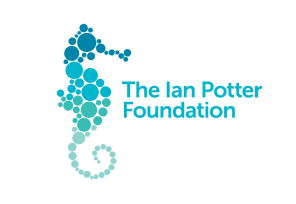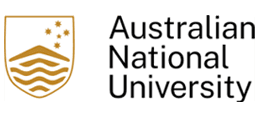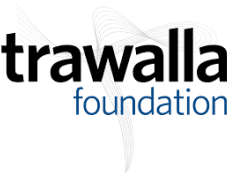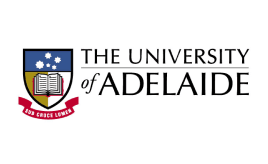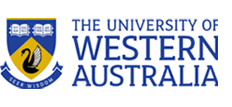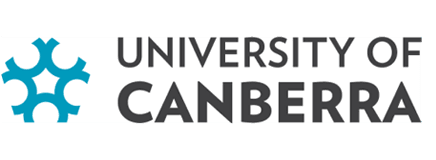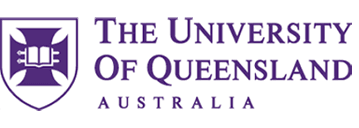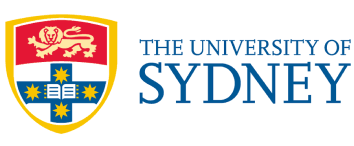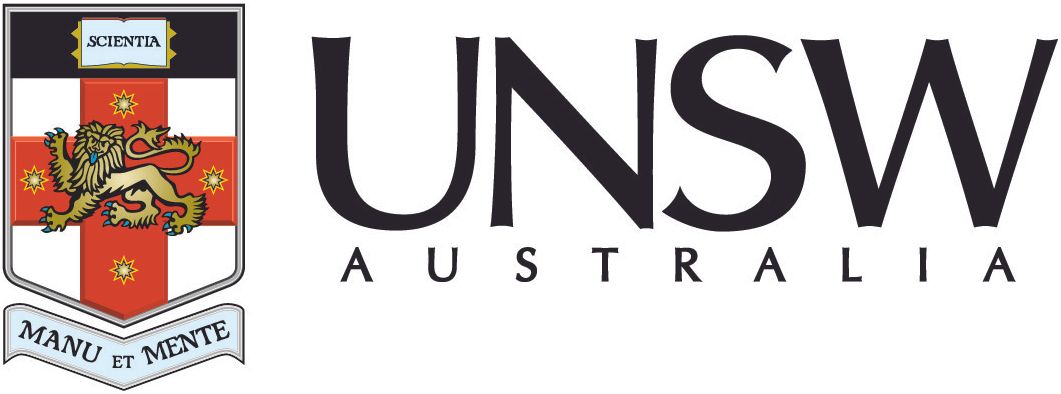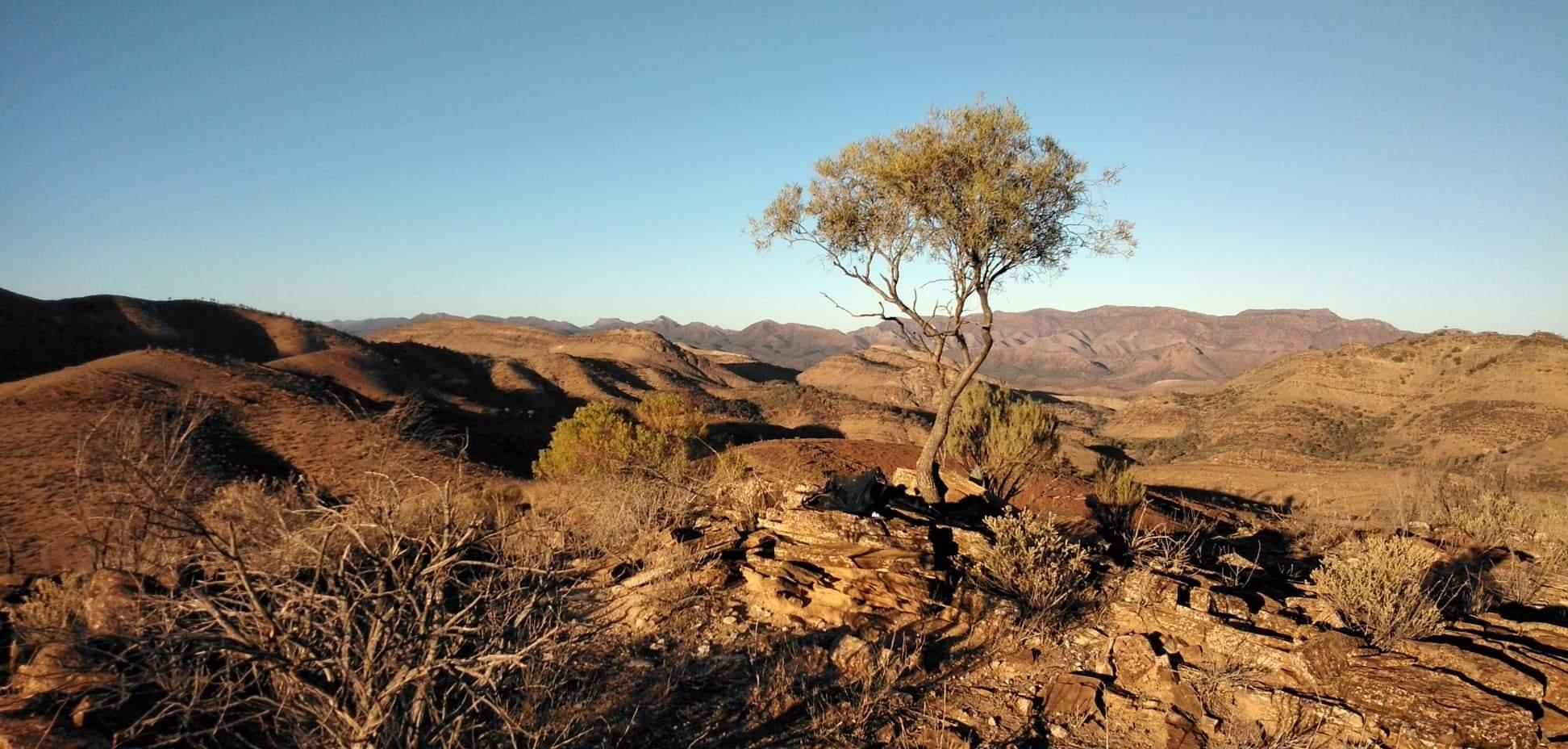
Sol Mountain, west of Blinman, South Australia. Image: Sklewis51, CC BY-SA 4.0 DEED via Wikimedia Commons
Feedback on principles proposed to guide recognition of other effective area-based conservation measures (OECMs)
Submission
19 April 2023
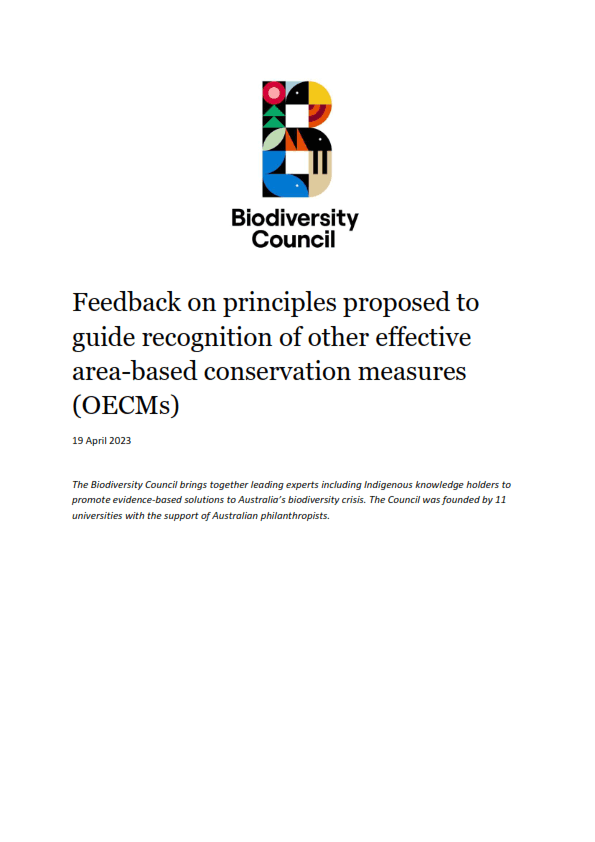
The Australian Government has set a national target to protect 30% of our land and 30% of our oceans by 2030 - the national '30 by 30 target'.
To help reach that target, the Australian Government are seeking to introduce the recognition of 'other effective area-based conservation measures (OECMs). OECMs are a form of in-situ, area-based conservation. The United Nations Convention on Biological Diversity defins OECMs as:
'A geographically defined areas other than a Protected Area, which is governed and managed in ways that achieve positive and sustained long-term outcomes for the in-situ conservation of biodiversity, with associated ecosystem functions and services and where applicable, cultural, spiritual, socio-economic and other locally relevant values'.
OECMs are not currently recognised in Australia.
The Australian Government have developed a national framework to now guide the recognition of OECMs which was made available for public feedback.
Download the Biodiversity Council's submission to read our response and recommendations.



